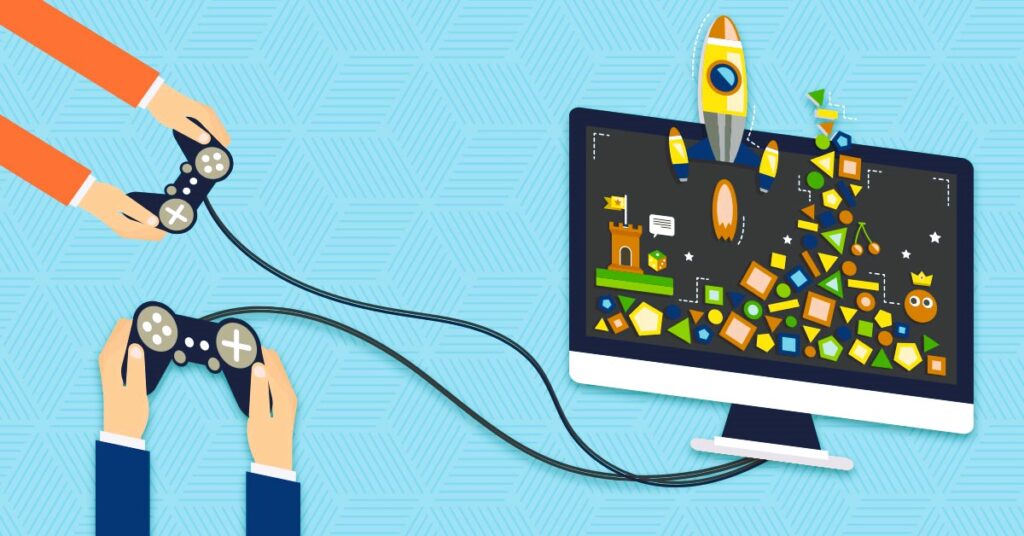In recent years, there has been a growing recognition of the potential of games as educational tools. While games are often seen as a form of entertainment, they also have the power to engage, motivate, and teach players in a variety of subjects and skills. From traditional classroom settings to online learning platforms, games are increasingly being integrated into educational environments as a way to enhance learning outcomes and foster student engagement. In this article, we’ll explore how games can become a powerful learning tool and the benefits they offer for education.
Engagement and Motivation
One of the key benefits of using games in education is their ability to engage and motivate learners. Unlike traditional teaching methods, which can sometimes be dry and boring, games are inherently interactive and immersive, making learning more enjoyable and engaging for students. By incorporating game elements such as challenges, rewards, and progression systems, educators can create a learning environment that encourages active participation and promotes intrinsic motivation.
Personalized Learning Experiences

Games also offer the advantage of providing personalized learning experiences tailored to the individual needs and preferences of each student. Many educational games incorporate adaptive learning algorithms that adjust the difficulty level and content based on the player’s performance, ensuring that each student receives targeted instruction and support. This personalized approach to learning can help students stay engaged and challenged at their own pace, leading to better retention and understanding of the material.
Skill Development
In addition to academic content, games can also help students develop a wide range of skills and competencies. For example, strategy games encourage critical thinking and problem-solving skills, while simulation games promote decision-making and planning abilities. Games that require collaboration and teamwork foster communication and interpersonal skills, while creative games stimulate imagination and innovation. By integrating games into the curriculum, educators can provide students with opportunities to develop essential skills that are applicable to real-world situations.
Real-World Relevance
One of the strengths of educational games is their ability to connect abstract concepts to real-world contexts, making learning more meaningful and relevant for students. By simulating real-world scenarios and challenges, games help students understand how academic concepts apply in practical situations. For example, a history game set in a specific time period allows students to experience key events and decisions firsthand, enhancing their understanding of historical events and their impact on society. Similarly, a science game that simulates laboratory experiments enables students to explore scientific principles in a hands-on, interactive way. Read our review of popular gaming platforms and their features; for more details, see the article Gaming Platforms.
Collaboration and Social Learning
Games also promote collaboration and social learning, providing opportunities for students to work together, share ideas, and learn from each other. Many educational games include multiplayer modes or online communities where students can collaborate on projects, solve problems together, and exchange feedback and support. This collaborative approach to learning fosters teamwork skills, communication abilities, and a sense of community among students, preparing them for success in an increasingly interconnected and collaborative world.

Conclusion
In conclusion, games have the potential to become powerful learning tools that enhance engagement, motivation, and skill development in education. By leveraging the interactive and immersive nature of games, educators can create personalized learning experiences that cater to the individual needs and preferences of each student. From academic content to essential skills and real-world relevance, games offer a wide range of benefits for education. By incorporating games into the curriculum, educators can provide students with engaging and meaningful learning experiences that prepare them for success in school and beyond.
For further reading on games and education, you can visit the following websites:
These resources provide valuable insights and examples of how games are being used as educational tools, as well as tips and strategies for integrating games into the classroom. Whether you’re an educator looking to incorporate games into your teaching practice or a student interested in the benefits of gaming for learning, these websites offer a wealth of information on the subject.

